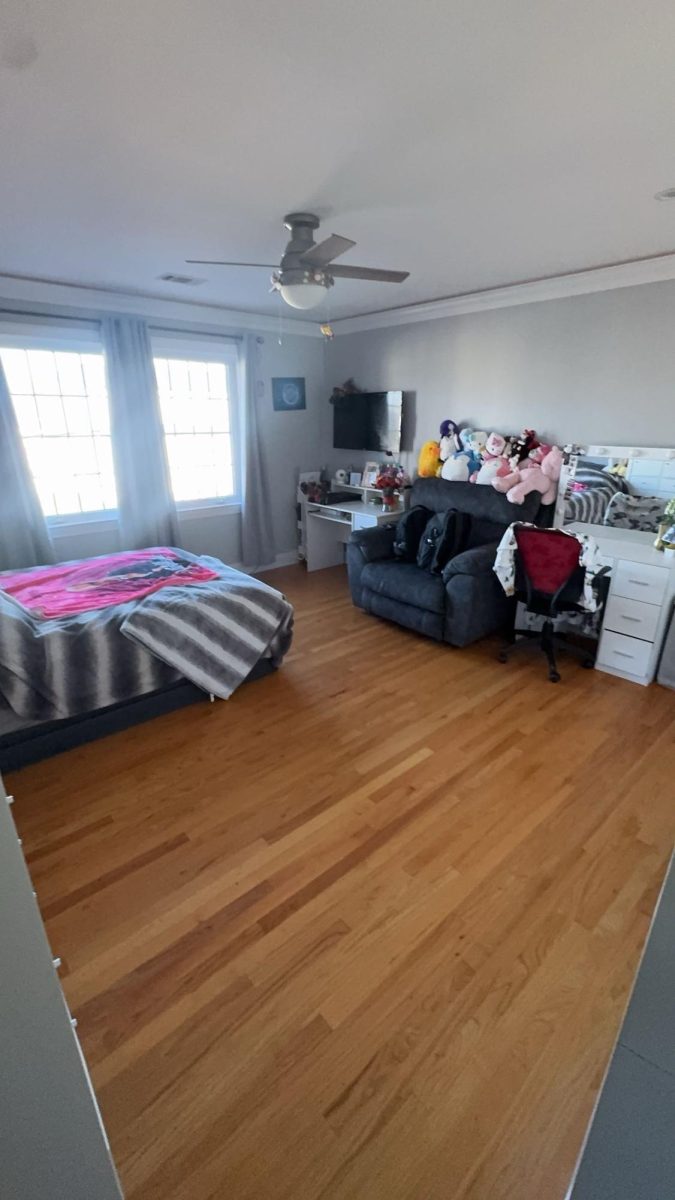The National Sleep Foundation, a leading American organization studying slumber, recommends that each night adolescents obtain eight to ten hours of sleep. While biological sleep patterns shift during the teen years, it vital that high-schoolers get their rest. In order to live productive and healthy lives, millennials simply need to sleep more. In this day and age, however, it is hard to meet a young person who isn’t always exhausted. Why is that? Why are teenagers so sleepy all of the time?
The reason: high schools open, unnecessarily, at the crack of dawn. The hectic teenage schedule of class, extracurricular activities, jobs, and work provide for little down time for rest. Educators need to be cognizant of this. Teenagers are tired because they have many responsibilities. In order to make their lives easier, as well as prevent real and damaging sleep disorders, secondary schools in America need to open their doors later. Nearly 10% open before 7:30 am. The majority of schools start before 8:00 am. These early hours of the morning weren’t designed for teenage activity. Adolescents, at 7:00am, should be sleeping in their beds.
For the past two decades, health professionals have been calling for a change in society. They say sleep is not a privilege, but a need, in human beings, and we ought to start treating it as such. Sleep deprivation is serious. Not getting enough sleep at night can cause a plethora of symptoms such as depression, loss of memory, and lack of concentration. These are all necessities for high school success.
Not only does adequate rest improve physical health, it is advantageous to teens in a number of unexpected ways. It is generally believed among physicians that well-rested students are better students. If high schools started just an hour or two later, students would be better prepared and get better grades.
Opponents constantly discount the hazardous effects of lethargy. The rationale behind early start times is that they provide for longer periods of time after-school. It is difficult for American schools to change schedules they’ve been following for generations. It is said an early start to the day disciplines students and prepares them for “the real world.”
These misconceptions are dangerously false. Sleep is a valuable necessity, especially in the preteen and adolescent years, which see rapid growth mentally and physically. If school administrators care about the success and welfare of their students the choice is clear: extend high school start times so students can sleep.











